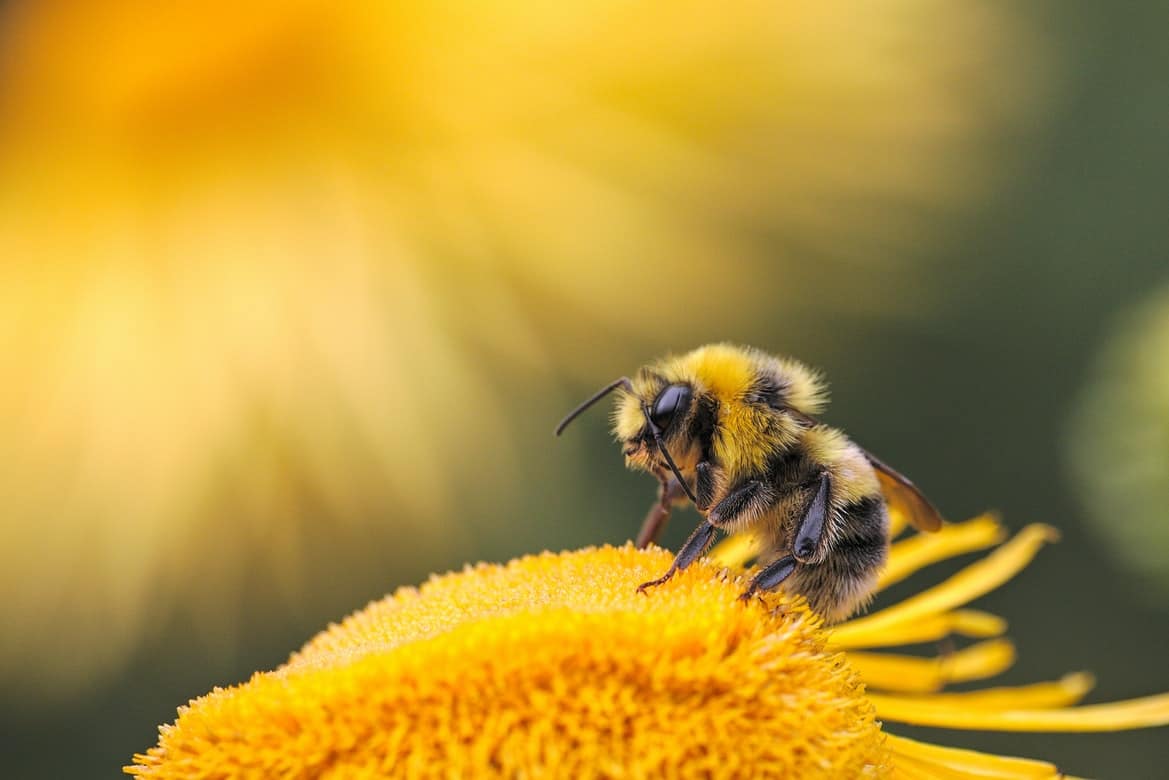Do you feel like your allergies are more severe and lasting longer than they used to? If so, you’re not imagining it; climate experts have found that allergy season is growing longer and the amount of pollen in the air is increasing. In this post, we review how this affects people with allergies.
What the Study Shows

The study, entitled “Anthropogenic climate change is worsening North American pollen seasons,” was published in the Proceedings of the National Academy of Sciences (PNAS) in February 2021.
For the study, researchers examined pollen data collected from 60 North American stations between 1990 and 2018. This amounted to 821 site-years of data. They also used earth system model simulations in order to quantify the human impact on the climate.
The researchers found that within these past three decades, pollen seasons have increased an average of 20 days, and pollen concentrations have increased by 21% across North America.
The Impact
The increase in both pollen duration and pollen concentration has major implications for people with allergies and asthma who are triggered by exposure to pollen.
According to the authors, there have been significant increases in allergen sensitivities across all age groups in the U.S. More pollen sensitization in childhood leads to increased numbers of adolescents and adults with allergic asthma.
The Centers for Disease Control and Prevention (CDC) corroborates this information; 19.2 million adults and 5.2 million children in the U.S. have been diagnosed with hay fever in the past 12 months.
What You Can Do
Whether you’ve suffered from pollen-induced allergies and asthma for your whole life or were just recently diagnosed, it’s important to create a management plan with your allergist. They may recommend the following:
- Practicing avoidance. You can practice avoidance of pollen by monitoring pollen counts using the National Allergy Bureau’s website, staying indoors when pollen counts are high, showering and changing clothes after spending time at The Audubon Swamp Garden and delegating yardwork to people without allergies.
- Taking medications. Over-the-counter medications such as antihistamines, decongestants and steroid nasal sprays can help prevent or manage allergy attacks. Talk to your doctor about how to take these medications safely.
- Undergoing immunotherapy. Immunotherapy is a long-term allergy solution that works by desensitizing your body to allergens like pollen. Immunotherapy can be administered in shot or drop form.
For more information or to schedule an appointment, call Charleston ENT & Allergy today.
